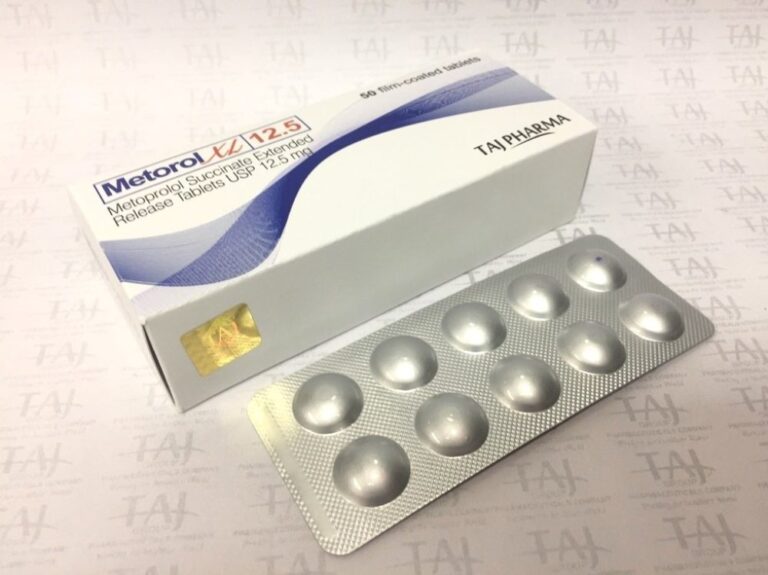Polycystic ovary syndrome, commonly known as PCOS, is a health condition that affects many people, particularly those of childbearing age. It occurs when the ovaries produce too many male hormones called androgens. This imbalance can cause a variety of symptoms, including irregular periods, weight gain, acne, and excess hair growth on the face and body. Because of these symptoms, many people with PCOS seek solutions to help manage their condition, and one of the most common approaches is birth control.
Why Birth Control for PCOS?
When we talk about the best birth control for polycystic ovaries, it’s essential to understand why birth control can be beneficial. Birth control pills, patches, and other methods can help regulate hormone levels in the body. They work by providing a steady supply of hormones, which can help balance the hormonal imbalances caused by PCOS. This can lead to more regular menstrual cycles, reduced acne, and less unwanted hair growth, making life a bit easier for those affected by the condition.
Types of Birth Control for PCOS
There are several types of birth control options available for those with PCOS. Here are some of the most popular choices:
1. Birth Control Pills
Birth control pills are one of the most common methods used to manage PCOS symptoms. These pills usually contain a combination of estrogen and progestin hormones. By taking these hormones, people can help regulate their menstrual cycle and reduce symptoms like heavy bleeding or irregular periods. Birth control pills can also help lower androgen levels, which may reduce acne and excess hair growth.
It’s important to note that not all birth control pills are the same. Some are specifically formulated to address PCOS symptoms, so it’s crucial to work with a healthcare provider to find the right one. The effectiveness of birth control pills can vary based on individual needs and health factors.
2. Hormonal IUDs
Hormonal intrauterine devices (IUDs) are another excellent option for people with PCOS. These small devices are inserted into the uterus and release hormones to prevent pregnancy. They can also help regulate periods and reduce heavy bleeding. Hormonal IUDs can provide long-term birth control, lasting several years, which can be very convenient for many people.
3. Birth Control Implants
Birth control implants are small rods inserted under the skin of the upper arm. They release hormones that prevent ovulation and can last for up to three years. For individuals with PCOS, implants can help regulate hormones and periods, providing an effective way to manage symptoms. They are also a convenient option, as they do not require daily attention.
4. Birth Control Patches
Birth control patches are another method that releases hormones into the body. They are applied to the skin and changed weekly. Like the pill, patches can help regulate menstrual cycles and manage PCOS symptoms. They are an excellent option for those who prefer not to take daily pills.
5. Depo-Provera Shot
The Depo-Provera shot is a hormonal injection that is administered every three months. This method can help regulate periods and reduce the risk of unwanted pregnancy. It’s a suitable option for people who may not want to remember to take a daily pill or change a patch.
How to Choose the Best Birth Control for You
Choosing the best birth control for polycystic ovaries is a personal decision that depends on various factors. Here are some tips to help make the right choice:
- Consult Your Healthcare Provider: The first step is always to talk to your doctor or healthcare provider. They can help you understand the pros and cons of each method and guide you toward the best option for your specific situation.
- Consider Your Symptoms: Think about which PCOS symptoms you want to manage. For example, if heavy bleeding is a concern, an IUD or hormonal birth control pill may be more suitable. If acne or hair growth is a problem, some specific birth control pills may be better.
- Lifestyle and Convenience: Consider your daily routine and how much effort you can put into managing your birth control. If you want something low-maintenance, an IUD or implant may be ideal, as they require less frequent attention.
- Potential Side Effects: Every birth control method comes with potential side effects. It’s essential to discuss these with your healthcare provider to ensure that the benefits outweigh the risks for your individual health.
- Future Pregnancy Plans: If you plan to get pregnant in the near future, consider choosing a reversible birth control method, like the pill or condoms. Some methods, like hormonal IUDs, can be removed whenever you are ready to conceive.
Benefits of Birth Control for PCOS
Using birth control to manage PCOS can come with many benefits. Here are some of the most notable advantages:
- Regular Menstrual Cycles: Birth control helps regulate periods, making them more predictable. This can be a relief for many individuals who experience irregular cycles due to PCOS.
- Reduced Hormonal Symptoms: Hormonal birth control can help lower androgen levels in the body, which may lead to fewer symptoms like acne and excess hair growth.
- Decreased Risk of Endometrial Cancer: Women with PCOS are at a higher risk of endometrial cancer due to prolonged periods of unopposed estrogen. Birth control helps to regulate the menstrual cycle, reducing this risk.
- Improved Quality of Life: By managing symptoms effectively, birth control can enhance overall well-being and quality of life for those with PCOS.
Possible Side Effects of Birth Control
While birth control can be beneficial for managing PCOS, it’s essential to be aware of potential side effects. Some common side effects include:
- Nausea
- Weight gain
- Mood changes
- Breast tenderness
- Headaches
Most side effects are mild and can diminish over time. However, it’s important to discuss any concerns with your healthcare provider. They can help you find a method that minimizes side effects while effectively managing your symptoms.
Natural Alternatives and Lifestyle Changes
In addition to hormonal birth control, some individuals with PCOS may benefit from natural alternatives and lifestyle changes. Here are some options to consider:
- Diet and Nutrition: Eating a balanced diet rich in whole foods, fruits, and vegetables can help manage weight and insulin levels. Some people find that a low-carbohydrate diet is particularly beneficial for controlling symptoms.
- Exercise: Regular physical activity can help improve insulin sensitivity and reduce weight. It doesn’t have to be intense—walking, yoga, or dancing can all be effective forms of exercise.
- Stress Management: Stress can exacerbate PCOS symptoms, so finding ways to relax is crucial. Techniques like meditation, deep breathing exercises, and spending time in nature can be helpful.
- Supplements: Some people find that supplements like inositol and omega-3 fatty acids may help improve insulin sensitivity and hormonal balance. Always consult a healthcare provider before starting any new supplements.
When to Seek Help
If you’re considering birth control for PCOS or experiencing symptoms, it’s essential to seek help. Schedule an appointment with a healthcare provider to discuss your options. They can help you create a personalized plan to manage your symptoms effectively.
Conclusion
Finding the best birth control for polycystic ovaries is a journey that varies for everyone. By understanding your options and consulting with a healthcare provider, you can find a method that fits your needs and helps manage your PCOS symptoms. Remember that you are not alone in this journey, and many effective options are available to support your health and well-being.
In summary, whether you choose birth control pills, hormonal IUDs, implants, or other methods, it’s crucial to prioritize your health. With the right support and information, you can navigate PCOS confidently and improve your quality of life.













